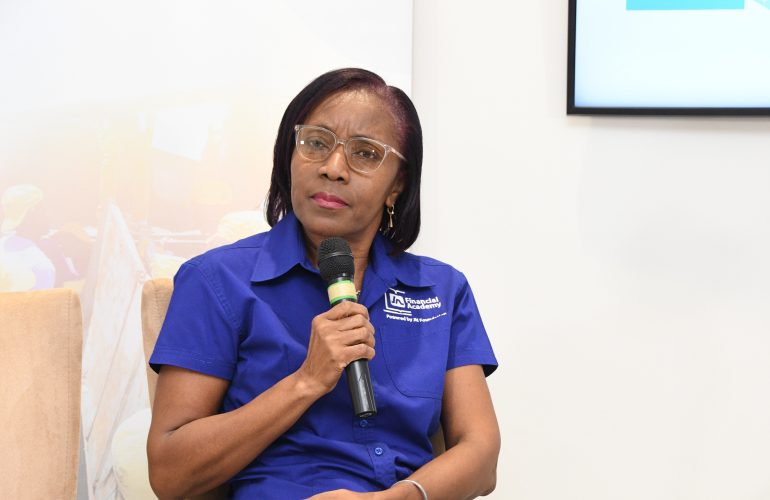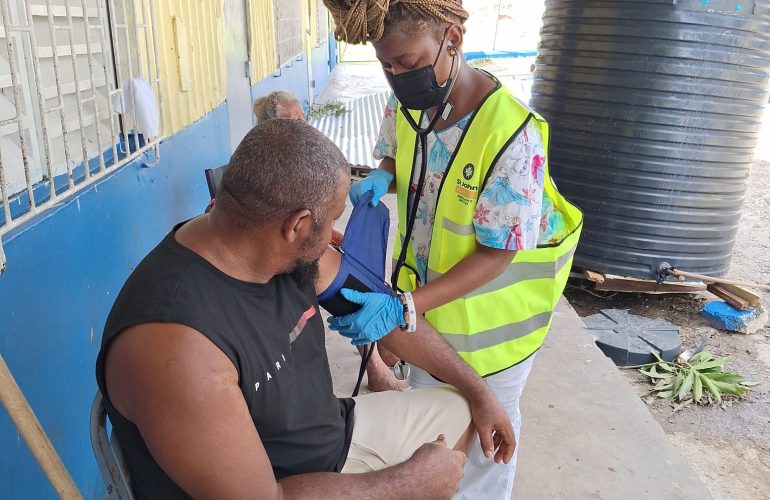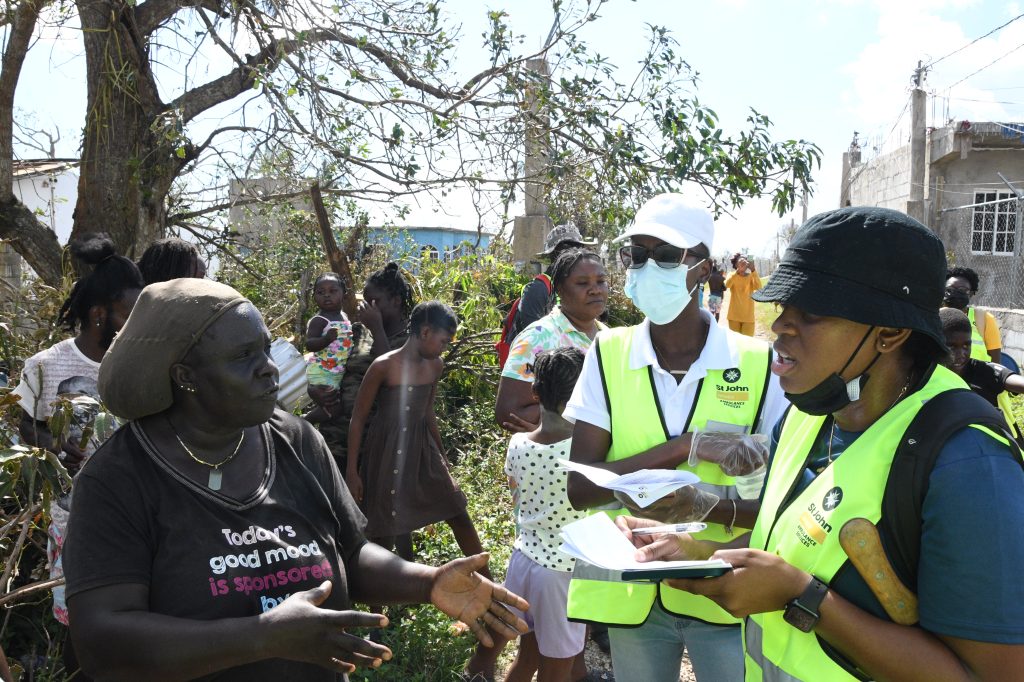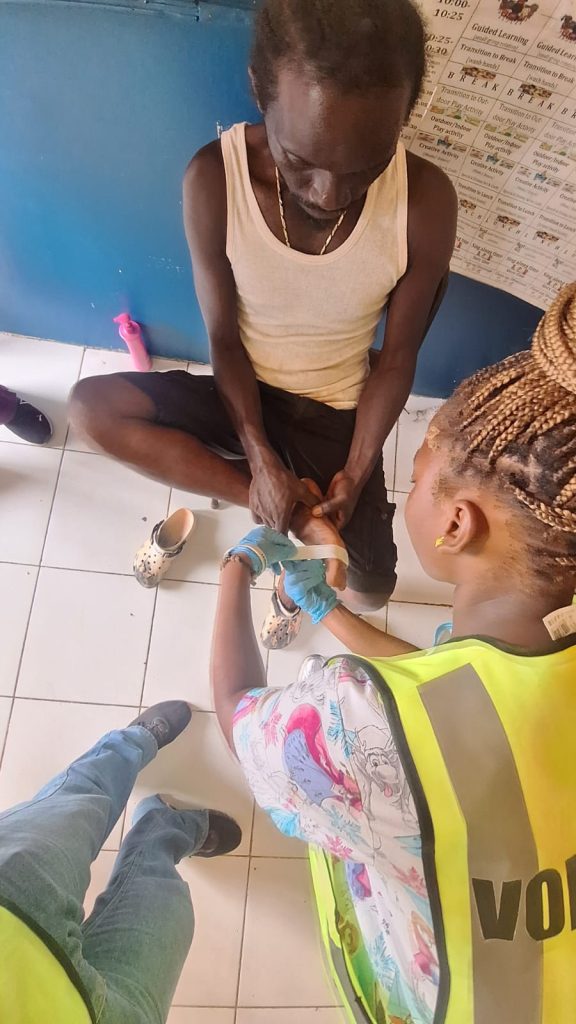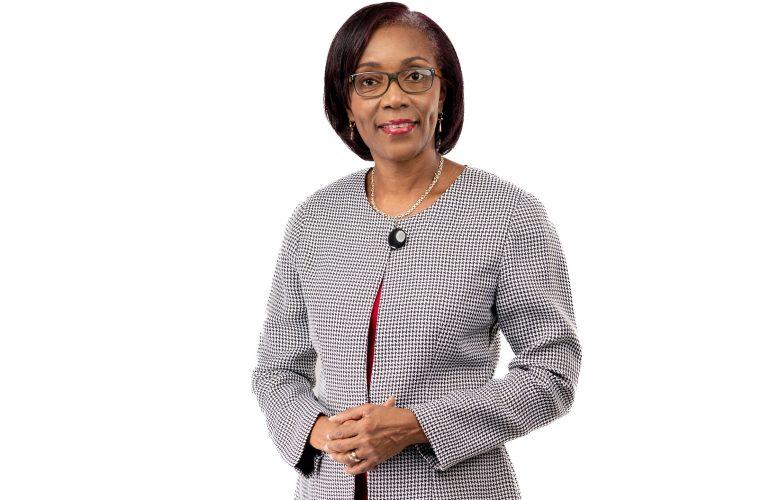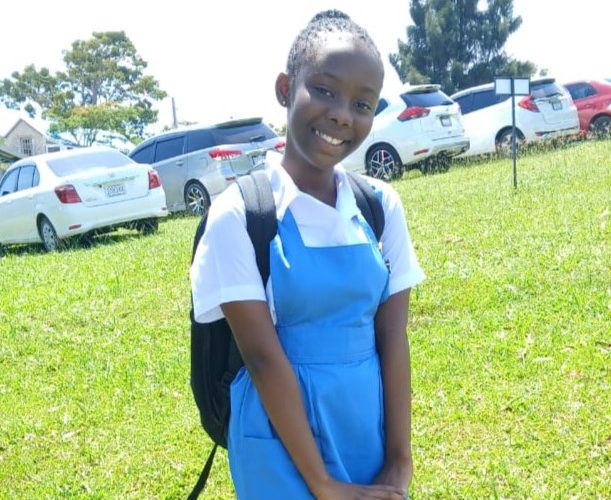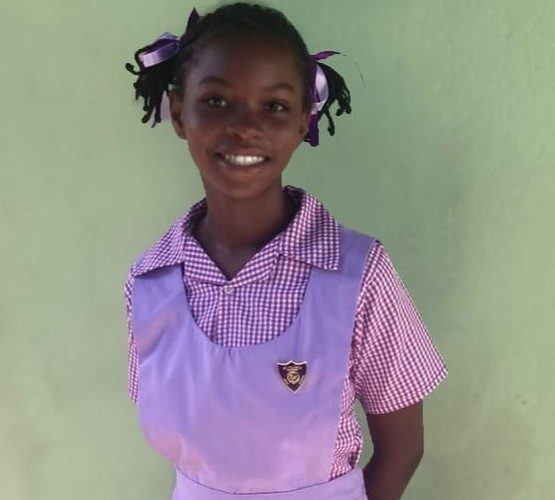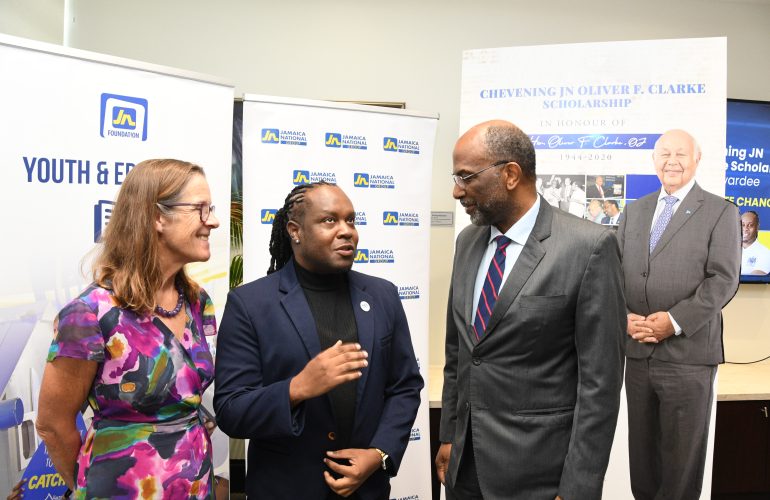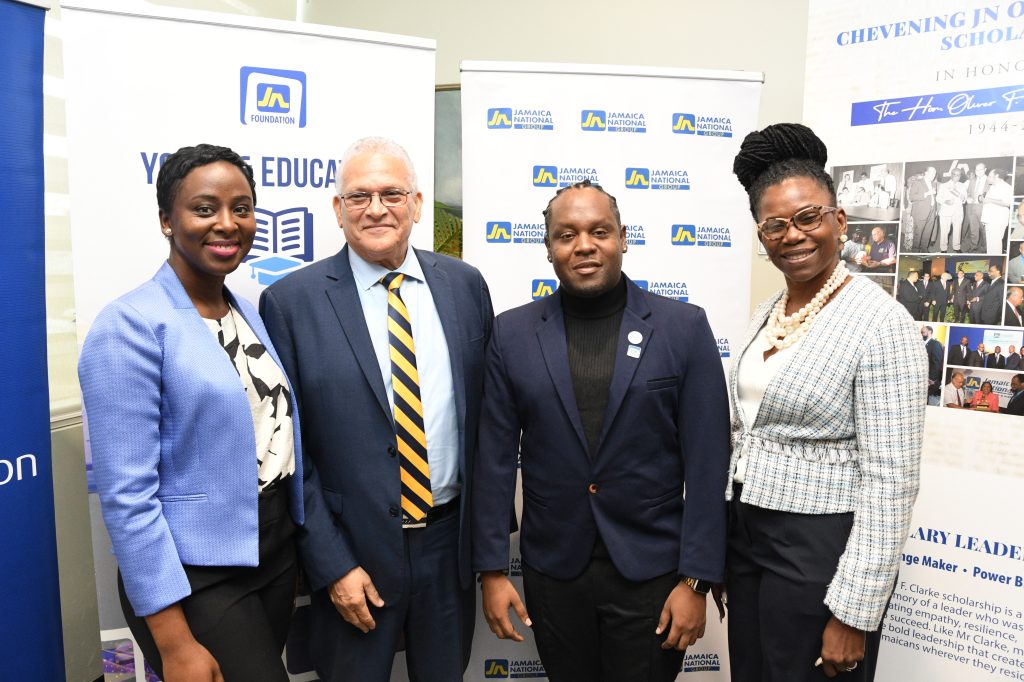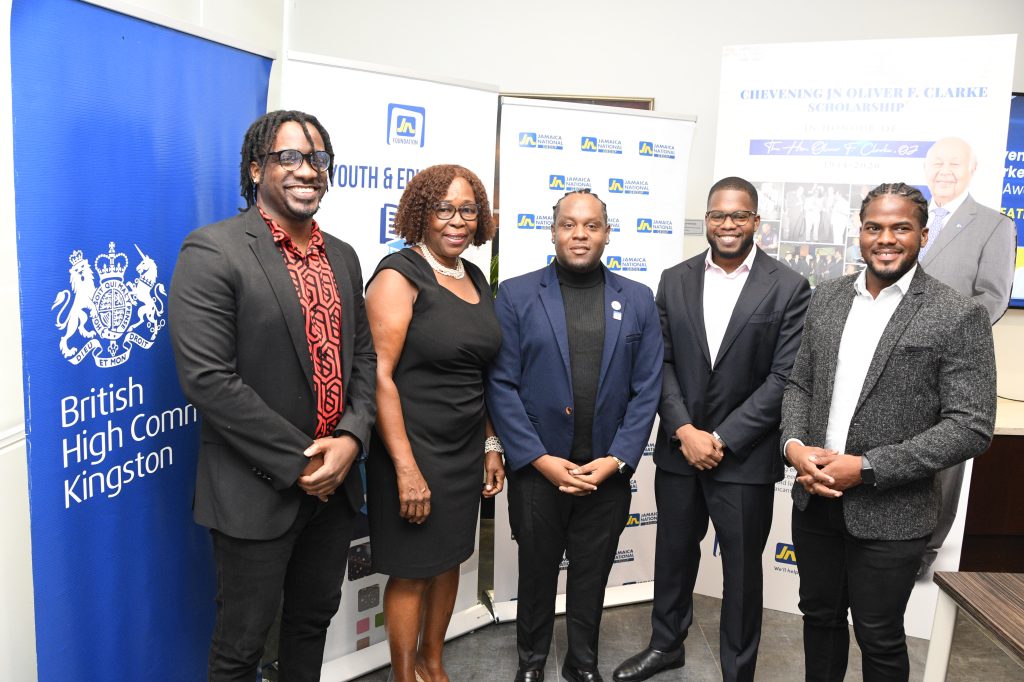JN Foundation, UWI to Host Regional Conference on Early Childhood Education and Sustainable Development, November 27-28
The JN Foundation with The University of the West Indies (UWI) School of Education and the Dudley Grant Early Childhood Resource Centre will host a two-day regional conference, November 27–28 at The UWI Regional Headquarters, Mona Campus.
The event will spotlight the enduring legacy of Dudley Grant, Jamaica’s trailblazer in early childhood education, while highlighting the pivotal role of early childhood education in shaping sustainable Caribbean development.
Bringing together educators, policymakers, researchers, and advocates from across the region, the conference will explore critical themes in policy, practice, and partnerships that advance equitable, high-quality early learning outcomes. The programme will feature keynote addresses, panel discussions and breakout sessions. It will also honour outstanding contributors to early childhood education in Jamaica.
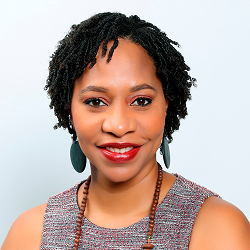
Professor Zoyah Kinkead-Clark, Senior Lecturer in Early Childhood Education at The University of the West Indies, Mona, emphasised the importance of the partnership in advancing regional education priorities.
“The University of the West Indies is honoured to collaborate on this conference, which not only celebrates the work of one of our region’s greatest educators but also provides a forum for advocacy by sharing research, innovation, and policy insights that can sustainably transform early childhood education,” said Professor Kinkead-Clark.
“Our goal is to strengthen the link between evidence-based research, system quality and classroom practice, ensuring that every child in the Caribbean has access to quality early learning experiences.”

Claudine Allen, General Manager of the JN Foundation, said the event was timely, as it provides a platform for stakeholders to reimagine the future of early childhood education in the Caribbean.
“As one of the organisers of this conference, we at the JN Foundation are deeply committed to advancing the conversation around early childhood development. We firmly believe that if we are to tackle Jamaica’s education crisis in any meaningful way, we must start at the foundation by ensuring that our youngest learners have access to quality care and education from the very beginning,” said Miss Allen.
“Early childhood development is where the building blocks of literacy, numeracy, and social skills are formed. It is where we cultivate curiosity, confidence, and compassion, traits that define the kind of citizens and leaders our nation needs. Dudley Grant’s philosophy of educare—the seamless blend of care, play, and learning, captures this vision perfectly. Through this dialogue, we hope to reignite that spirit of collaboration and reaffirm our shared responsibility to strengthen the early years as the cornerstone of Jamaica’s educational and social transformation.”
Attendees will gain insights into evidence-based practices, innovative policy frameworks, and cutting-edge research designed to enhance early learning outcomes and promote holistic child development.
Key discussion topics include ‘Towards Effective Early Childhood Policies for Latin America and the Caribbean’, focusing on aligning regional policy frameworks and strengthening partnerships for equitable, high-quality outcomes; ‘Opportunity or Distraction: Technology and Early Childhood Education’, exploring how technology can both enhance and hinder early learning, and strategies for balanced integration; ‘Diversity in Practice: Addressing Unique Abilities and Cultural Differences in Early Childhood Education Delivery’; and ‘Early Childhood Curriculum Development and Delivery’.
Distinguished local and regional participants include Dr Ricardo Anderson, Lead, Technology and Innovation, One-on-One; Dr Tiou Clarke, Lecturer, University of Technology and the University of South Florida; Dr Dawn Lee DiPeri, Lead, Learning Passport, UNICEF; and Dr Rebecca Tortello, Education Specialist, UNICEF.
Regional experts that will present at the colloquium are Ena Dalso Henry, Permanent Secretary, Ministry of Education and Sports from Antigua; Nadera Ross, education officer, Ministry of Education, Culture, Science and Technology in Belize; and Dr Dawn DiPerri, Interdisciplinary Global Design Leader & Faculty Trainer, UNICEF based in the United States.
Dudley Grant, affectionately known as Jamaica’s Father of Early Childhood Education, pioneered the ‘educare’ model, a child-centred approach that integrates play, parental involvement, and social interaction to nurture holistic development. His groundbreaking work reshaped Jamaica’s preschool landscape and continues to influence global early childhood education policy and practice today. Mr Grant died in 1988.
Persons interested in attending the conference may register on the JN Foundation website at http://jnfoundation.com/dgmt-colloquium/

